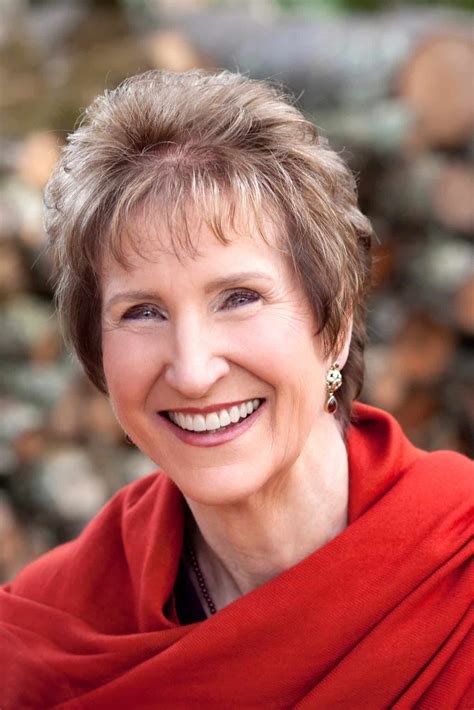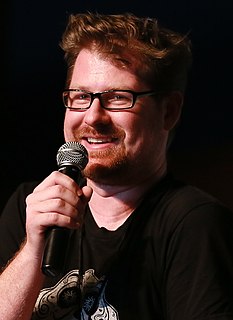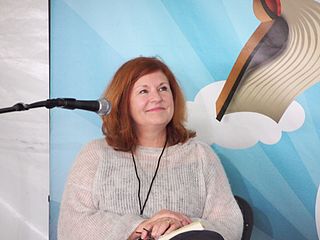A Quote by Francine Rivers
The goal is to have every character take on a life of his or her own. Sometimes characters will come into the story that I haven't planned.
Related Quotes
The story man must see clearly in his own mind how every piece of business will be put over. He should feel every expression, every reaction. He get far enough from his story to take a second look at it... to see whether there is any dead phase... to see whether the personalities are going to be interesting and appealing to the audience. He should also try to see that the things that his characters are doing are of an interesting nature.
One of my standard - and fairly true - responses to the question as to how story ideas come to me is that story ideas only come to me for short stories. With longer fiction, it is a character (or characters) coming to visit, and I am then obliged to collaborate with him/her/it/them in creating the story.
For all its peculiarities and unevenness, the Bible has a simple story. God made man. Man rejected God. God won't give up until he wins him back. God will whisper. He will shout. He will touch and tug. He will take away our burdens; he'll even take away our blessings. If there are a thousand steps between us and him, he will take all but one. But he will leave the final one for us. The choice is ours. Please understand. His goal is not to make you happy. His goal is to make you His. His goal is not to get you what you want; it is to get you what you need.
I don’t mind if the character is a small character, but I would just like her to have a journey in the film. Sometimes the characters are just there as a prop to further the man’s story. The great directors I’ve talked to, I’ve said listen, I don’t mind playing a woman that is a tiny part, but how does the story affect her? What can I play in the end that’s different from the beginning? Otherwise, it doesn’t make sense, because it’s just like being a prop.
The writer must always leave room for the characters to grow and change. If you move your characters from plot point to plot point, like painting by the numbers, they often remain stick figures. They will never take on a life of their own. The most exciting thing is when you find a character doing something surprising or unplanned. Like a character saying to me: ‘Hey, Richard, you may think I work for you, but I don’t. I’m my own person.’
A lot of the challenge with TV, as opposed to making movies, is that you have to leave room for the characters in the story to tell themselves. Sometimes you don't know where a character is going to go and what's going to happen to them until you've seen the actor take that part and make it their own.
We had established Harley Quinn as an accomplice to the Joker who was also crushing on him and found herself in the middle of this weird relationship being at the beck and call of his every whim. We wanted to stretch her and make her a stronger character, so to have her leave him and go off on her own was a story I wanted to tell for a while.



































